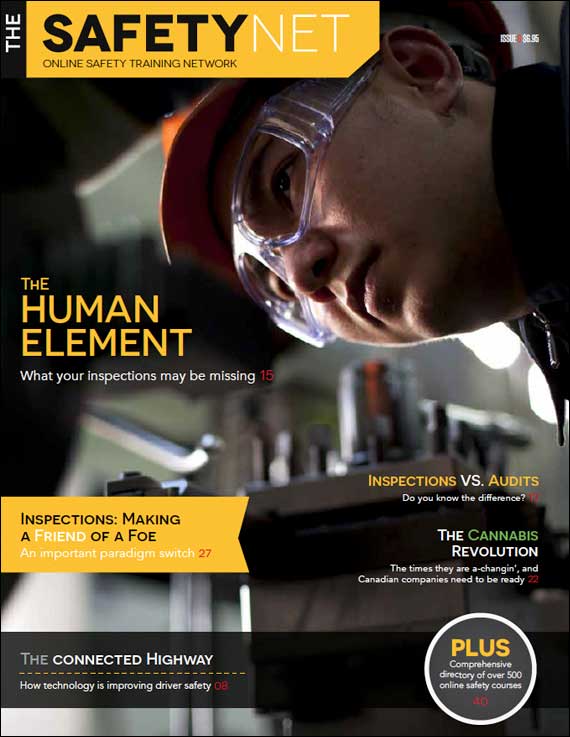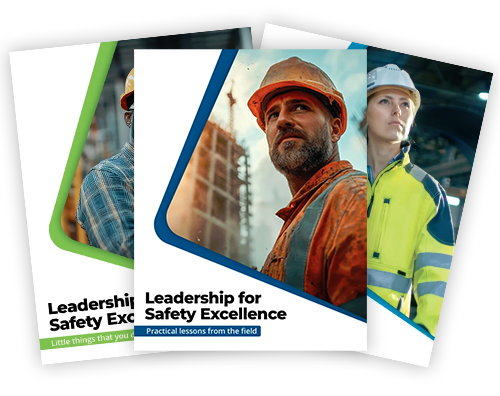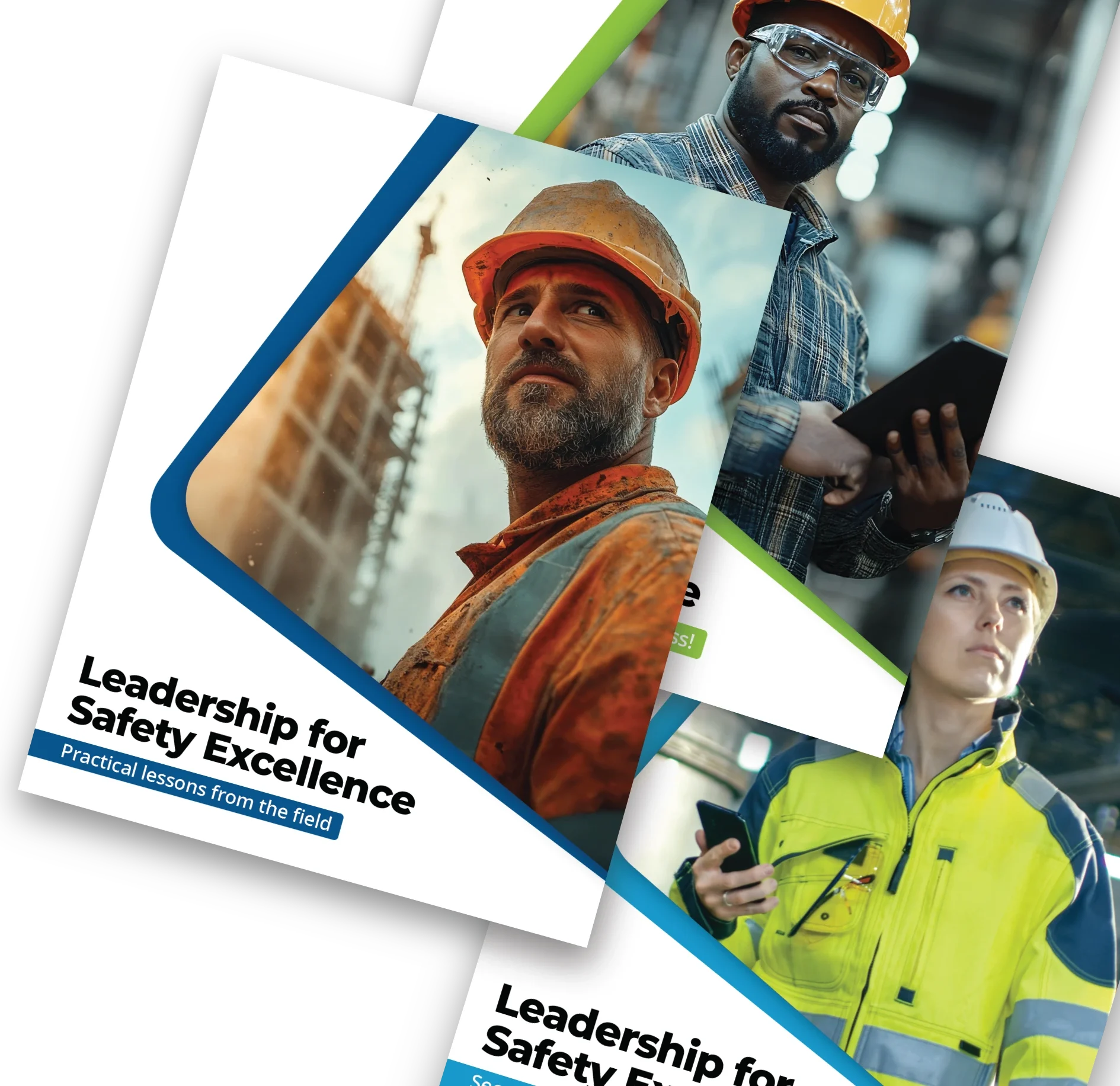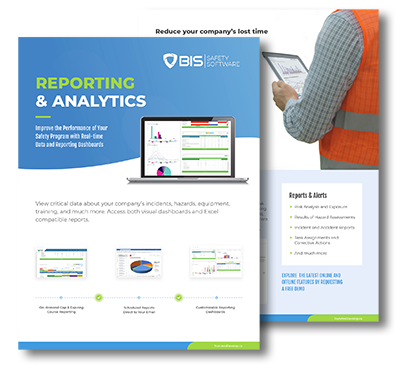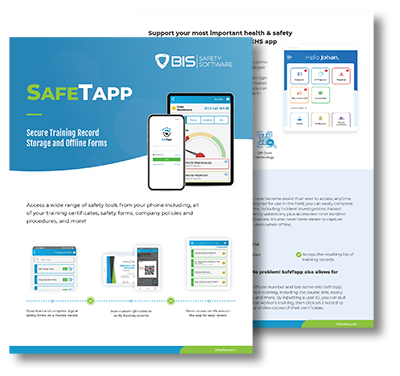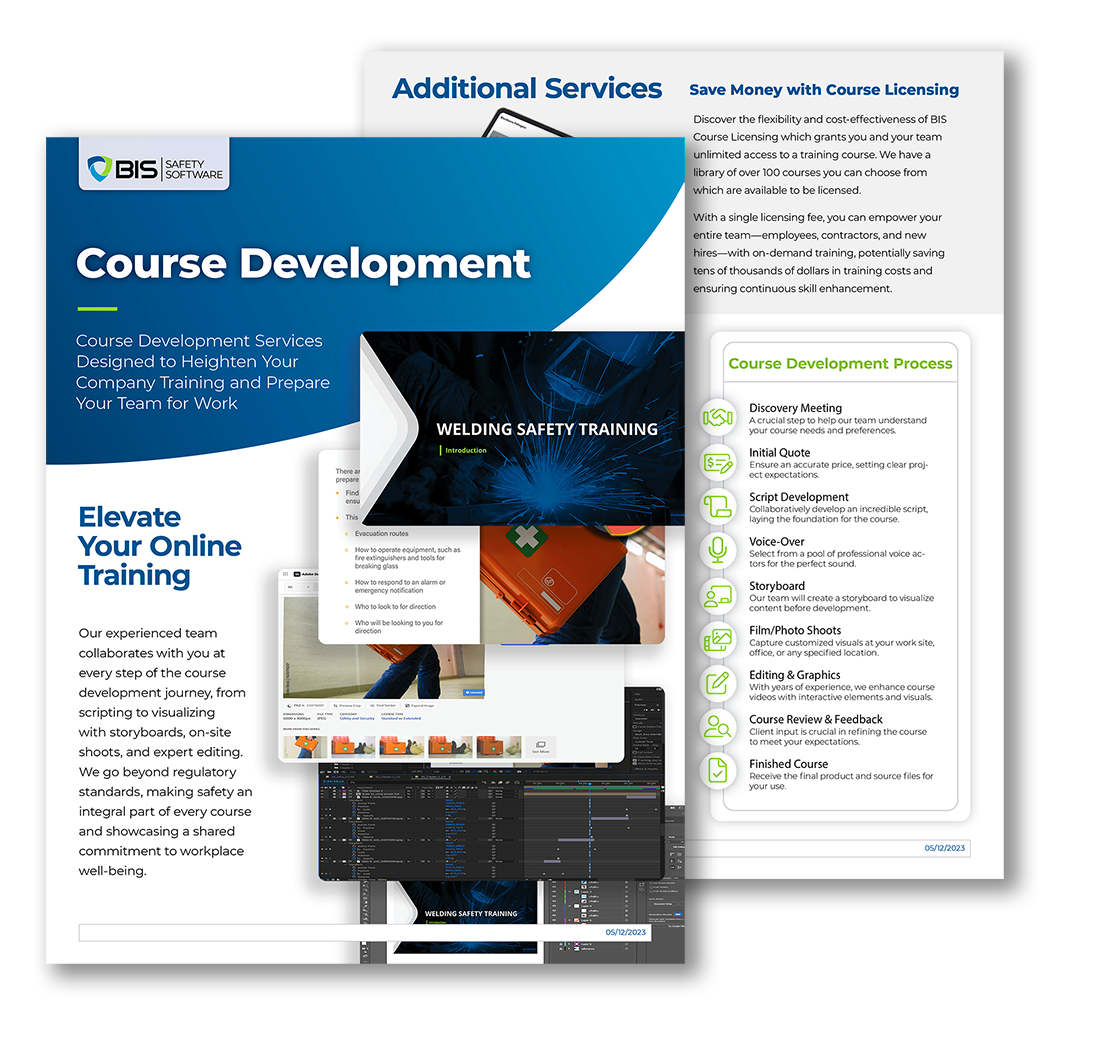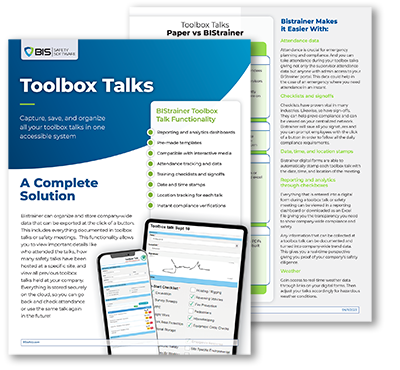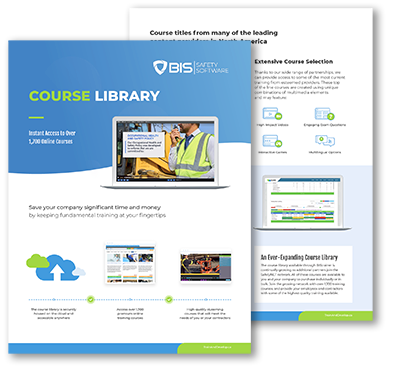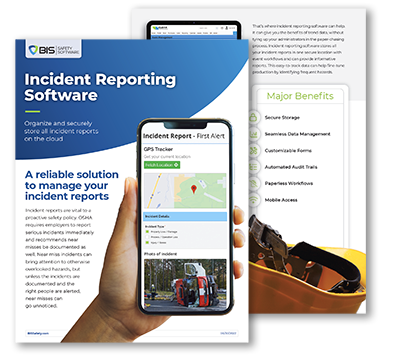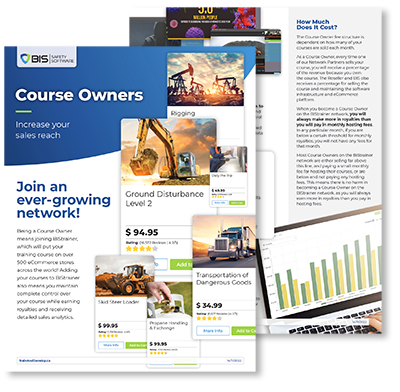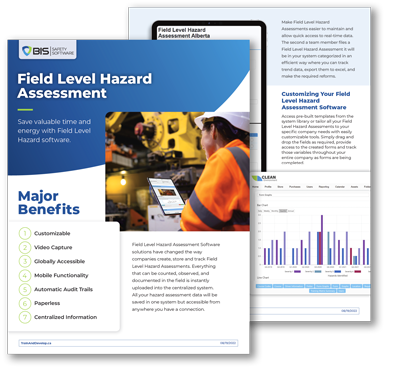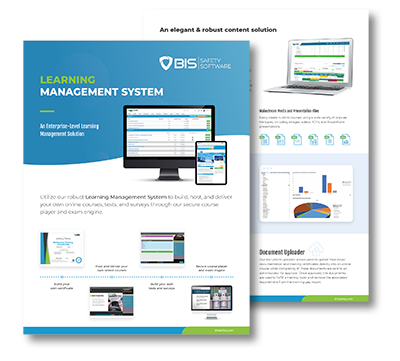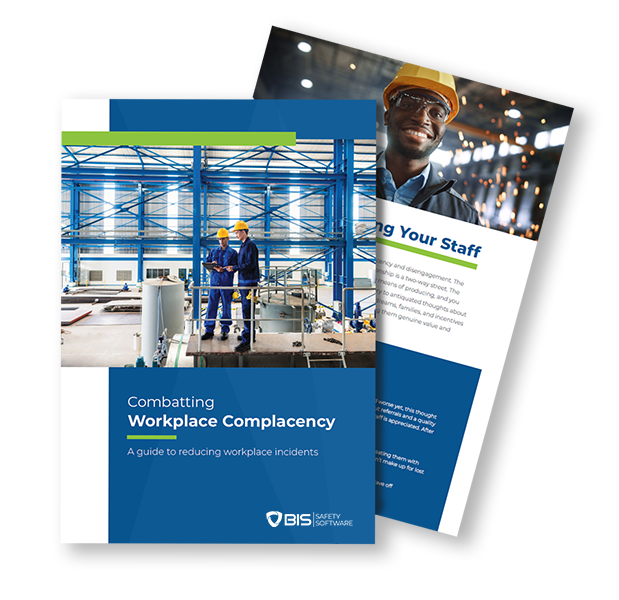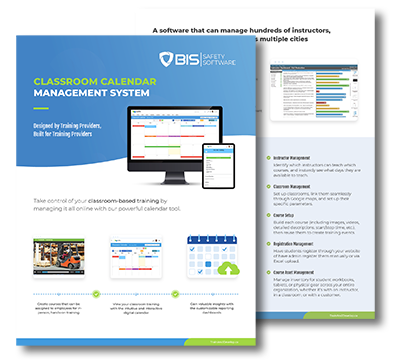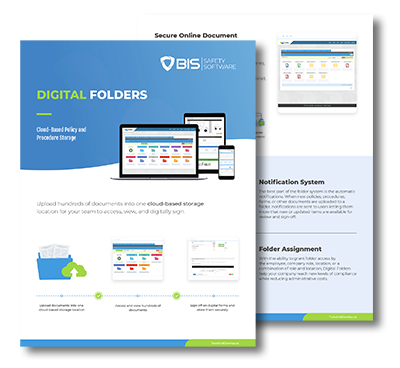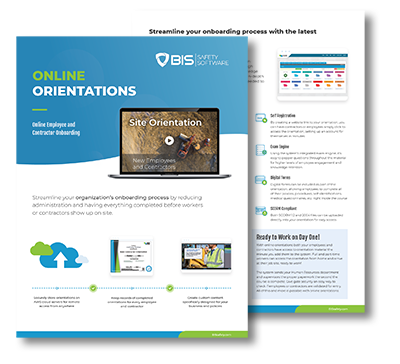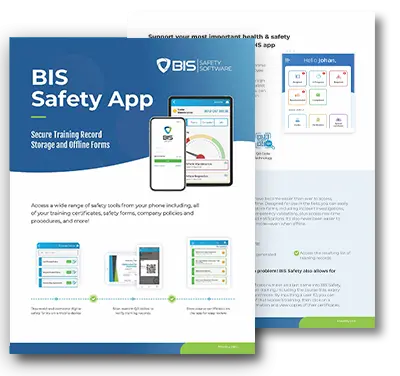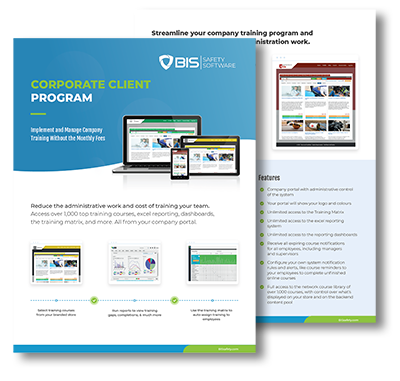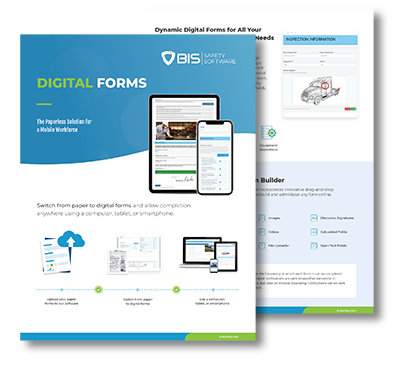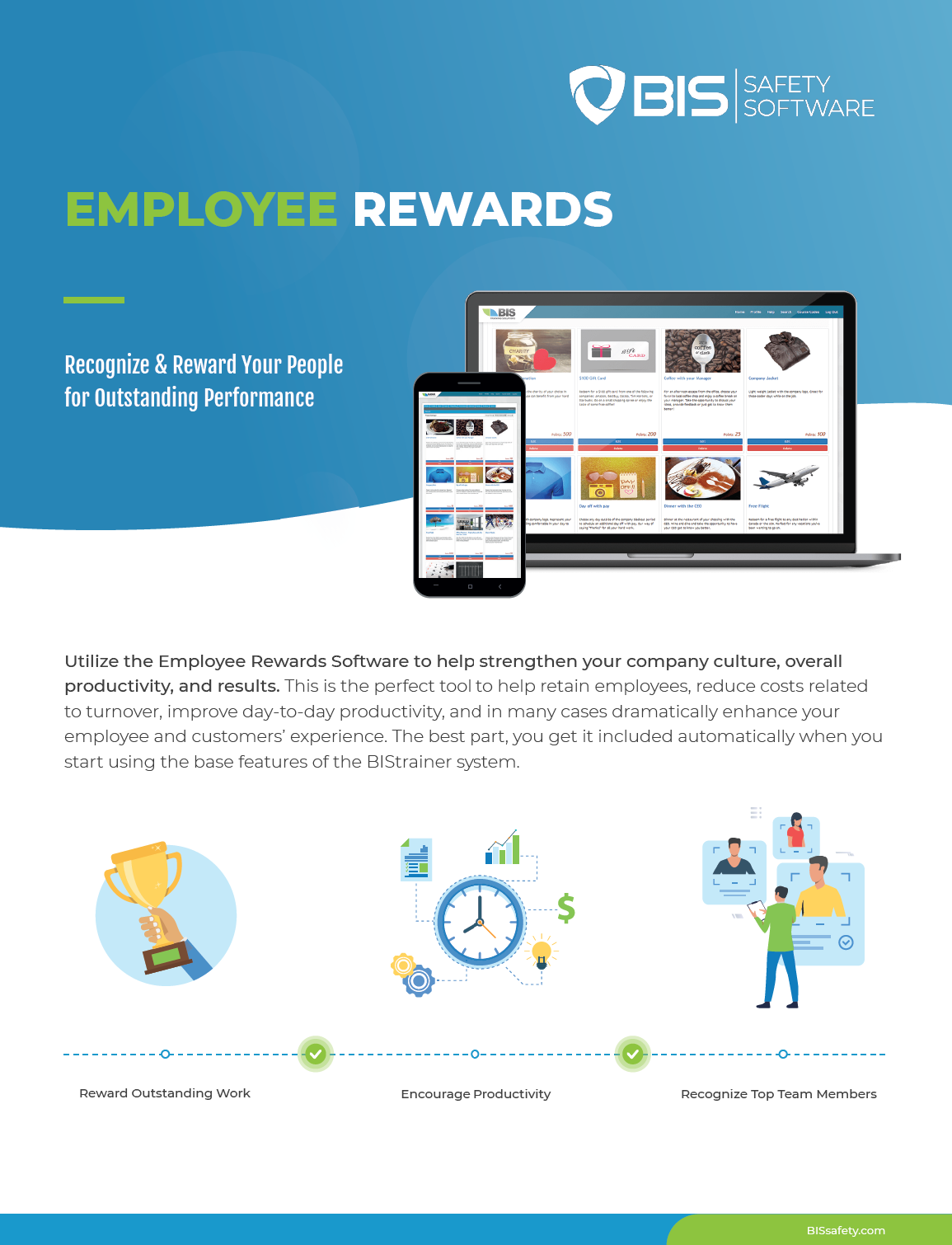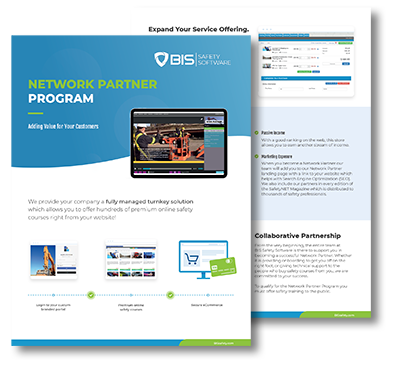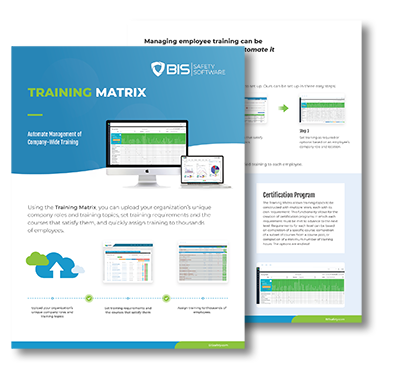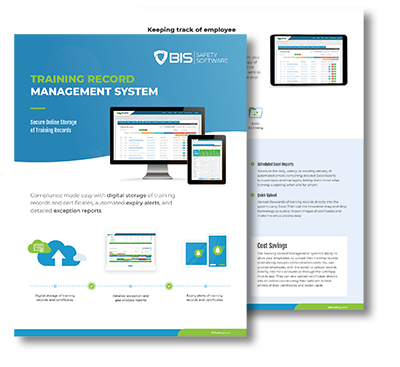
The Hazmat Gap – How One Safety Veteran Is Fixing What Others Ignore
Kevin Swinden doesn’t care for job titles. He thinks they get in the way. He’s not big on hierarchy. Just call him what he is: the owner of Global Hazmat.
Swinden has spent nearly three decades entrenched in hazardous materials. He’s not just a trainer—he’s a reformer. “People split hazmat and safety like they’re two different worlds. They’re not,” he says.
That disconnect is what keeps him up at night. And what’s worse? Most safety professionals don’t even know there’s a gap. “Most safety people I meet? No background in hazmat. No training in dangerous goods. Zero clue.”
That’s a problem—especially in Canada. Here, EHS managers wear multiple hats. In the U.S., those hats are worn by five different people. “It’s a structural flaw,” says Swinden. “And it’s why incidents keep happening.”
A Solo Start With a Big Mission
Global Hazmat began because Swinden got tired of spinning his wheels. Working for companies with no clear direction wore him down.
“I couldn’t keep working for people with no integrity. No plan. So I became their competition.”
That decision launched Global Hazmat. From a one-person shop, he built a company obsessed with doing things right. Meticulous training. Constant adaptation. Relentless focus on real-world safety.
“Staying still isn’t an option. Rules change. Industries evolve. You either keep up—or cause harm.”
The company rebranded 18 years ago, marking a shift into bigger territory and more specialized services. But Swinden’s north star never moved: build a culture of competence.
What Happens When You Don’t Know What’s in The Barrel
Swinden’s career is littered with “this-could’ve-been-bad” stories.
Take the chlorine gas incident. One drum. One wrong mix of chemicals. The result? An evacuation of 100+ homes and major retailers. A bank. A gym. A Canadian Tire. “It all came down to people not knowing waste behaves just like product,” he says. “Same chemical properties. Same risks.”
Swinden’s point? Certifications mean nothing if you don’t know what you’re doing. “A certificate won’t stop a gas leak. A certificate doesn’t mean squat if you’re not competent.” Real knowledge requires hands-on, eyes-open experience. And a healthy fear of what can go wrong.
FIXING A CULTURE THAT ONLY CARES AFTER THE ACCIDENT
Swinden is blunt: the industry reacts too late, too often. “Most employers demand training for staff. But they don’t train themselves. Then act shocked when things fall apart.”
He’s watched audits reveal error rates north of 80% in critical documents. The kind of paperwork that’s supposed to guide emergency crews. “It’s fine—until it isn’t. Until your paperwork lies to a first responder. Until that lie costs someone their life.”
Swinden has even called in bomb squads to clean up chemical trailers abandoned by shady companies. Zero labels. Zero compliance. Just risk—waiting to explode. “When there’s no documentation, there’s no safety. You’re walking into a mystery. And that’s deadly.”

Preparedness Isn’t a Buzzword
Swinden remembers a drill gone sideways. The hazard wasn’t the spill—it was a panicked worker nearly impaled by a forklift while fetching supplies. “Preparedness means seeing the whole picture. Not just the chemical. The environment. The people. Everything.”
Safety isn’t theoretical. It’s not a checkbox. It’s a lived behavior. A mindset. A culture: “You either choose to learn from mistakes. Or you don’t. And that choice defines your company.”
Tech Is Great… If It Doesn’t Dilute Skill
Swinden isn’t anti-technology. But he’s clear-eyed: “I love tech—if it helps. If it makes things safer. Faster is fine. Dumber is not.”
He supports Canada’s move toward electronic paperwork. It’ll reduce error. Save time. Prevent soggy, illegible documents. But digital shortcuts can’t replace competency. “People confuse being certified with being qualified,” he says. “That’s our biggest issue.”
For Newcomers: Humility and Hustle
Swinden’s advice to rookies is simple:
- Find a mentor.
- Ask questions.
- Make mistakes—but learn fast.
- Show up. Shut up. Listen.
“You can’t Google this stuff. Talk to people. Go to shows. Watch veterans. That’s how you get good,” says Swinden. “I’ve seen ‘experts’ with 20 years at 17 companies. That’s not expertise. That’s job-hopping. I wouldn’t hire them.”
Degrees are great. But they’re not the whole story.
The Bottom Line
Kevin Swinden didn’t set out to revolutionize the hazmat industry. He just wanted to fix what was broken. To teach what wasn’t being taught. To keep people from making the same dumb mistakes—over and over. His journey is proof that one person can challenge a system. And that real safety isn’t about checking boxes. It’s about knowing what’s in the barrel—before it leaks.





